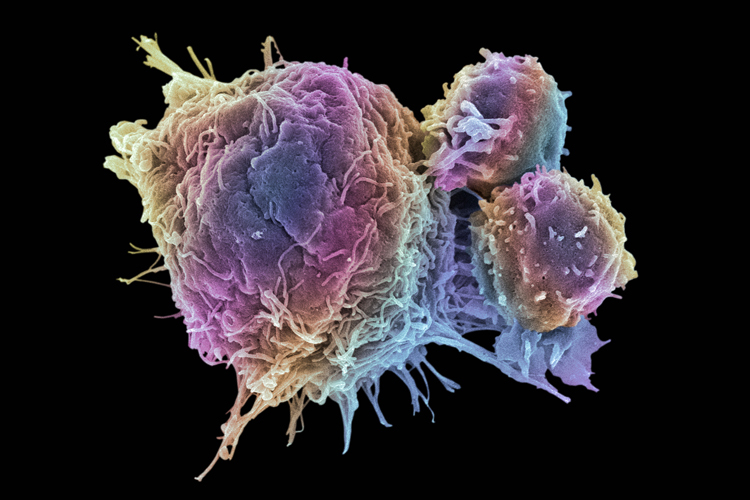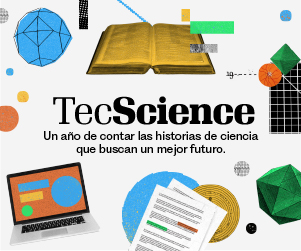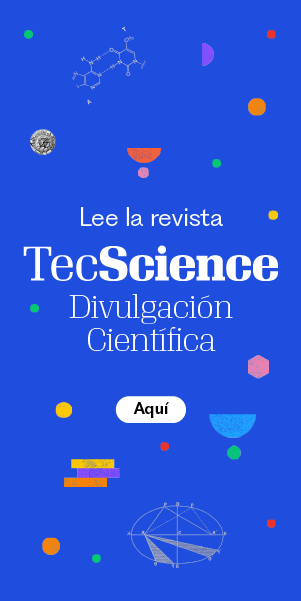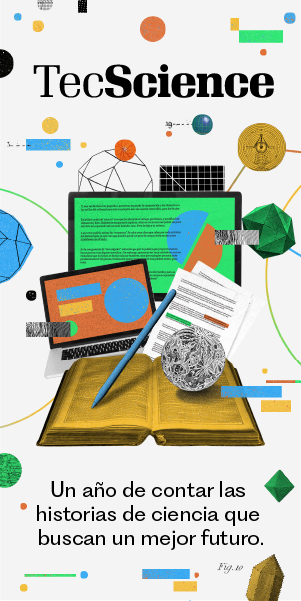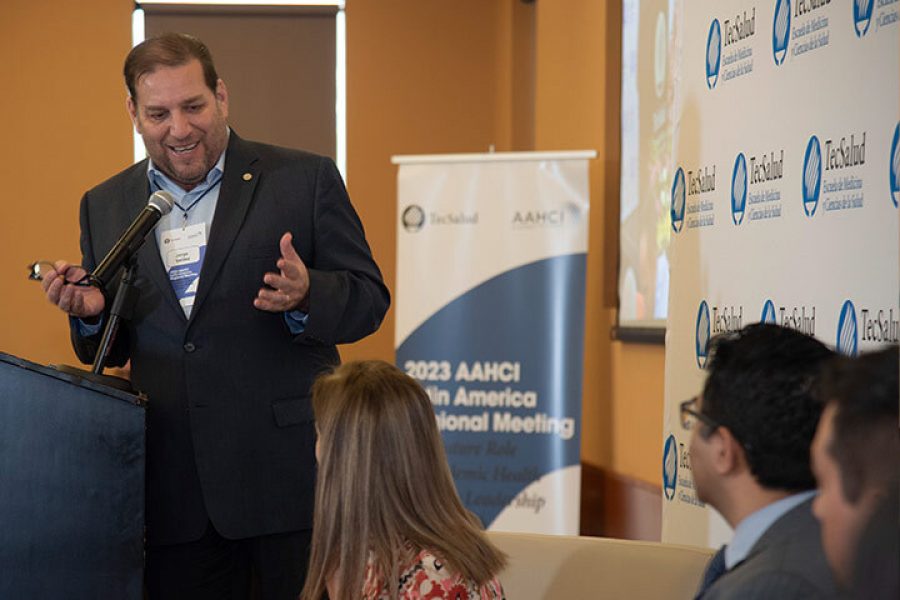Cancer is the leading cause of deaths worldwide. In Mexico it is the third cause, after cardiovascular diseases and diabetes.
The fifth meeting of the Lancet Commission on Cancer and Health Systems was held at Tecnológico de Monterrey’s Mexico City Campus from January 11 to 12, 2023, in order to foster a change in the way this disease is treated throughout the world, with emphasis on Mexico and Latin America.
Attending the event were Lancet commissioners from 24 countries, public health experts, and former health ministers, including Julio Frenk Mora, Mexico’s former Minister of Health and President of the University of Miami, Felicia Knaul, Co-Chair of the Lancet Commission on Cancer and Health Systems, and Guillermo Torre Amione, Rector of TecSalud and Director of Research at Tec de Monterrey.
Lancet Commission on Cancer
The meeting sows a seed for active collaboration between the country, Tec de Monterrey, and international experts on public health and cancer to achieve stronger health systems that are capable of tackling cancer efficiently.
Furthermore, it places focus on the region of Latin America, which has had inefficient and underfunded health systems until now; most countries in the region invest less than 6% of GDP in health.
According to Felicia Knaul, the objective of the commission, which consists of an international and multidisciplinary team of health and cancer specialists, is to identify how the disease affects health systems, as well as how to extend the horizons for research and propose solutions that are innovative, equitable, and affordable to everyone.
“We’re extending our presence in Mexico and Latin America, bringing many ideas to be worked on throughout this symposium on cancer and health systems,” said Knaul at the meeting.
Worldwide, the cancer burden is expected to increase by 60% over the next two decades. However, this grim outlook could improve, as it is estimated that 30% to 50% of cancers are preventable.
Some of the aspects that can boost efforts to combat cancer and give hope to those suffering from this condition are early diagnosis and treatment, robust and specialized health systems, greater investment in public health, redefinition of health education, and greater collaboration between experts and governments.
“What we’re doing today and the inspiration [the commissioners] are giving us at Tec de Monterrey strengthens our conviction about everything we’re doing, to ensure this has a real influence on public health policies,” said Torre Amione.
